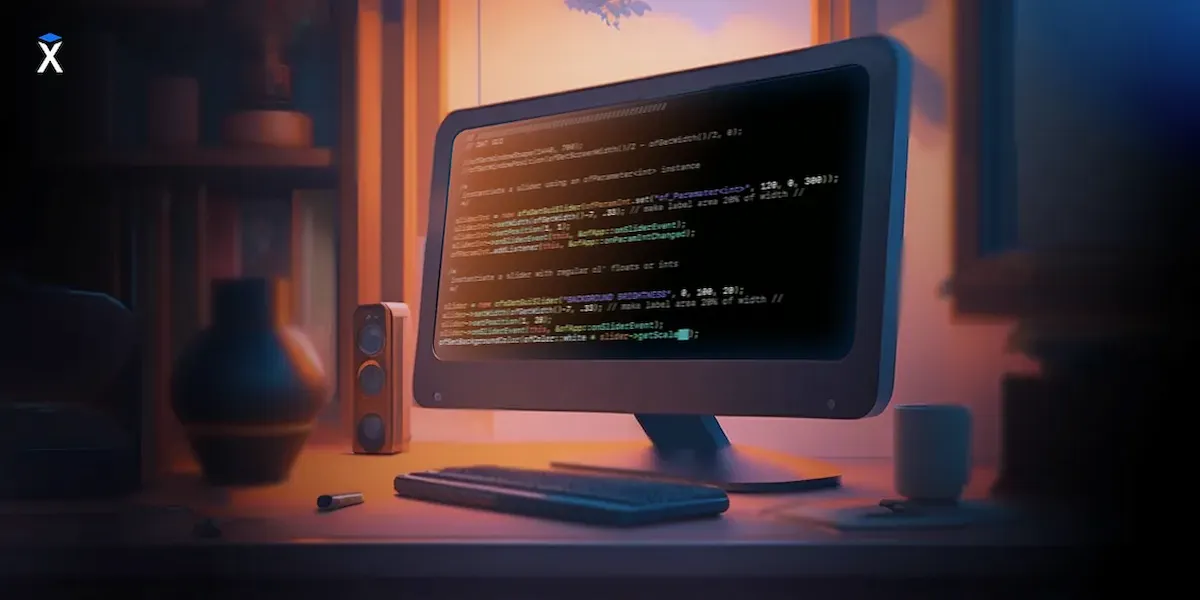How aspiring programmers can benefit from Edtech platforms: an interview with Kirill Mokevnin, CEO of Hexlet

Technology has become an integral part of our everyday lives, and with it, the demand for skilled programmers and developers has skyrocketed.
From building cutting-edge mobile applications like VPNs for iPhone or Android, and antiviruses to revolutionizing industries with innovative solutions, programming has emerged as a gateway to limitless possibilities.
With this ever-growing demand, the need for quality programming education has never been more critical. That's where EdTech comes into play – a powerful catalyst transforming how we learn and making career-focused programming education accessible to all.
To find out how aspiring programmers can benefit from such a platform, Cybernews reached out to Kirill Mokevnin, CEO of Hexlet. There is a little summary of their interview. You can read the full article on the Cybernews website.
What do you think are the biggest challenges that programmers face when learning how to code?
The biggest challenge those who want to learn how to code face is managing their expectations. Currently, those who do not have technical backgrounds or programming experience are actively joining the field. Such an audience does not understand what to expect.
Students who have been self-taught before taking courses already know what they will face. Typically, students with some background do not have serious problems during the learning process. However, if a student has never dealt with programming, it's difficult to grasp how programming works and restructure their thinking.
For example, when writing code, there will always be situations that you have never encountered before. Searching for and correcting errors can take days. It may seem like a waste of time.
All of this can be demotivating. But this is the learning process, and this is how programmers really work. Searching for an error in code for three days is normal for them and is part of their workflow.
The key problem for us, as creators of educational programs, is to align these expectations so that people understand what coding is really about.
What makes Hexlet different from other learning platforms?
Our main differences are:
- Our methodology for educational programs. We have a deep level of detail in our program. Our lessons are predominantly text-based and of small volume, with 80% of the learning time dedicated to practice.
- We have a career track that helps our students find employment. We collaborate with companies that hire our graduates.
- We utilize cutting-edge technologies in our educational process. For example, our simulator provides a real development environment that enables launching projects of any complexity and working with frameworks at total capacity. From the beginning of their education, such an approach allows students to understand what they can expect in the workplace.
- The Hexlet platform is automated. Our systems provide the opportunity to study autonomously, as well as with the support of a mentor if self-education is insufficient or unsuitable for the student.
What are the best practices companies should follow when developing applications?
Programming and code are just a part of a system that includes infrastructure, servers, etc. If you write code quickly, it can contain errors. Even if everything goes well, users will only see product changes after several weeks.
Application development is built around fast time-to-market. To achieve this, we need to improve the engineering culture, which includes automated tests, continuous integration, automated deployment, and so on.
What tips would you give to someone looking to learn to program?
If you can't make up your mind but really want to try, it's better to give it a shot. There are many free resources available that allow you to try programming and practice. Take a few free courses in different areas - this will help you understand how much you like programming in general and the language you have chosen.
For example, many programmers enjoy solving complex problems. But is this right for you? After all, not everyone enjoys solving complex issues.
For example, we have a free project called Code Basics. It allows you to try programming. Code Basics also help you learn basic concepts in programming and provides some practice.
What’s next for Hexlet?
We plan to expand by opening more educational programs in different areas, entering new markets, and improving our customer service. Also, we plan to increase the number of partner companies that will employ our students.
Read the full article and stay tuned for new educational programs in Hexlet.
Categories
